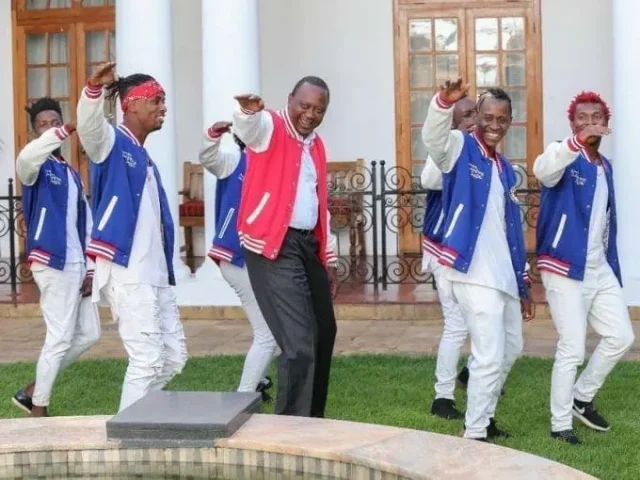
NAIROBI, Kenya, Nov 15 – It was a case of biting off more than one can chew when rights defenders Njonjo Mue and Khelef Khalifa were confronted with the Sh80 million cost of copying the voters register.
Hours after the Supreme Court granted their adamant pleading for access to the register, the petitioners returned to the court through counsel Harun Ndubi, to protest the cost.
Ndubi submitted to the court that they had expected the ‘State’ to foot the bill from the printers.
“Access to justice must be reasonable. Now this fee they’re asking for Njonjo Mue and Khelef Khalifa of Sh80 million is completely unreasonable. We will not afford it let me say bluntly,” Ndubi told the court.
Chief Justice David Maraga was however unsympathetic and was unrelenting that if Mue and Khalifa wanted a hard copy of the register, it was only right that they bear the cost.
Especially as, IEBC submitted, the cost had been made clear to the petitioners right from the onset, at the filing of its responses.
“In the reply of the Commission, that figure was actually indicated. If it is to be produced within the time that is remaining for this court to sit, it requires to be done in the factory. That will take about two days and that is the cost of production. If it was to be copied, in Kenya, at the normal rate of photocopying or printing, it will take about two weeks for all 450,000 pages at a cost of Sh40 million,” translating to about Sh89 per A3 page.
Forced to choose between parting with a cool Sh80 million and a free soft copy, the petitioners settled for the latter.
In addition to a certified copy of the voters register, the Supreme Court also directed the IEBC to provide Mue and Khalifa access to the original presidential election result forms now popularly known as 34A, 34B and C.
It however declined to compel the IEBC to open up its servers, make available the KIEMS logs, proffer its internal memos or avail polling station diaries on the grounds that the IEBC had already made available some of these records but also:
“Because of the sheer impracticability of their implementation given the short time left for the determination of the petitions at hand.
“Others have been declined because they were not pleaded with sufficient articularity in the petition yet others were declined on grounds that they are couched in such general terms as to be no more than fishing expeditions,” Supreme Court judge Smokin Wanjala gave by way of explanation







